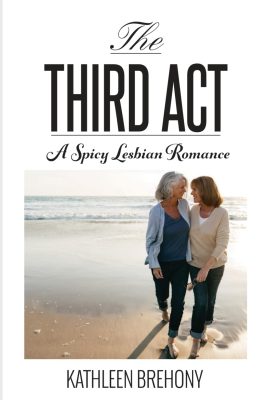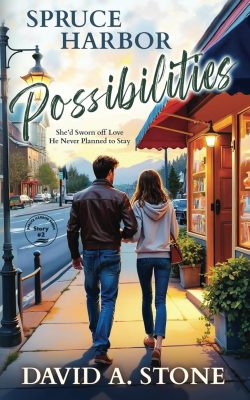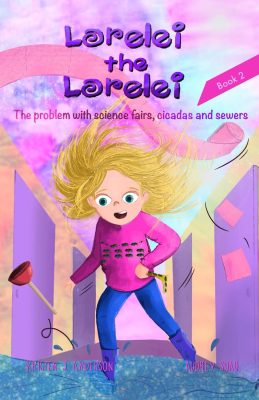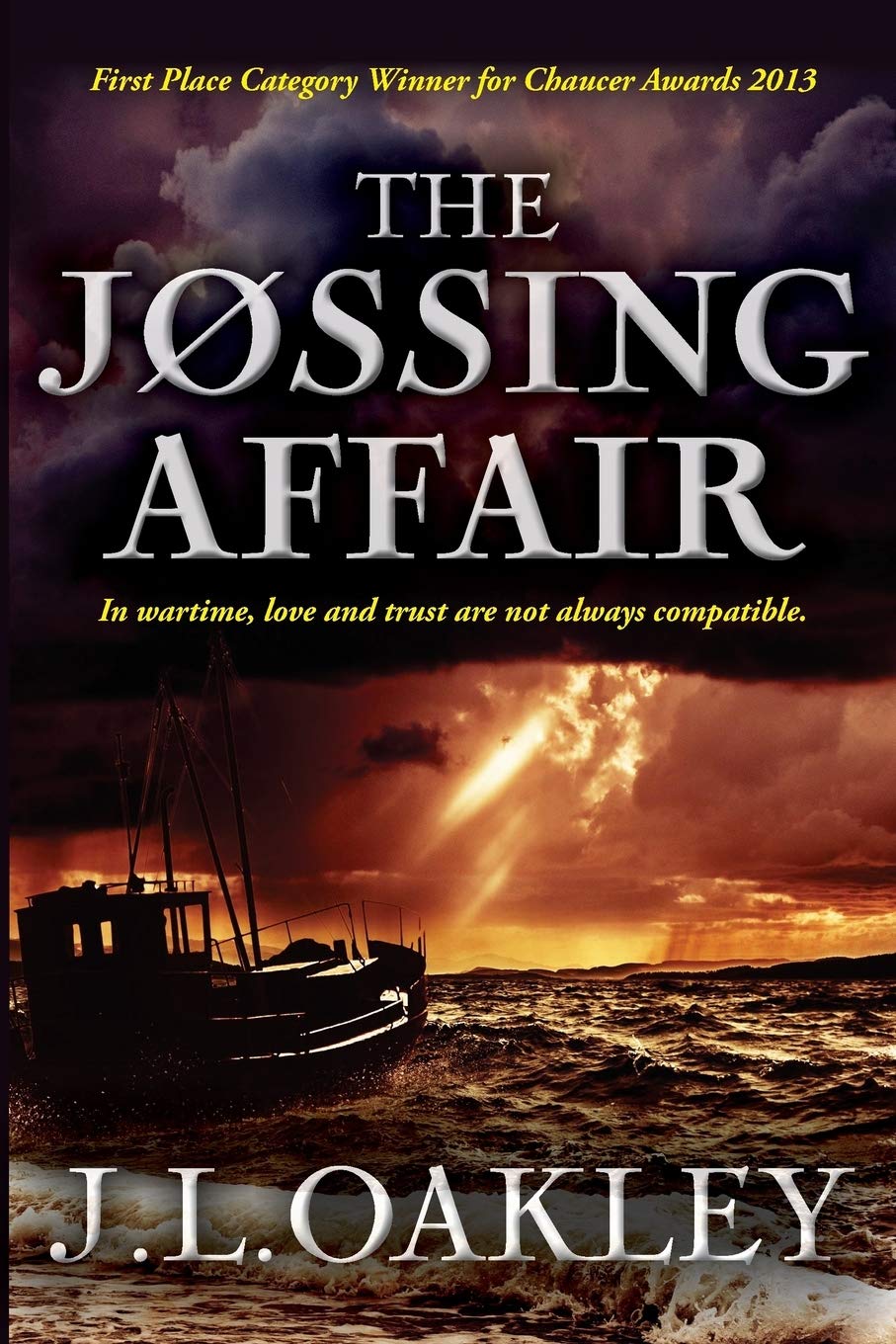|
Listen to or download this article:
|

 Crossing the Ford by Gail Hertzog opens in classic Western fashion: a train rolls in, carrying a stranger. Twenty-five-year-old Ruby knows, when she sees “that little lady” get off the train, that life in her rural Nevada town will never be the same.
Crossing the Ford by Gail Hertzog opens in classic Western fashion: a train rolls in, carrying a stranger. Twenty-five-year-old Ruby knows, when she sees “that little lady” get off the train, that life in her rural Nevada town will never be the same.
Until this moment, Ruby’s children and her no-good husband have claimed most of her time and energy. But she gets to know Kenna, the red-headed stranger — and finds herself irrevocably changed in the process.
Hertzog weaves a rich tapestry of the post-Civil War West. Her characters inhabit a world that’s lush and bleak by turns, vivid with details of a landscape that shifts with the seasons, from giving to unforgiving. A thread of magical realism creeps in so subtly readers may hardly notice it at first. By the end, though, this book stands as a testament to how mystical and inscrutable the twists and turns of life can be.
The book is punctuated with vintage-style illustrations and even recipes, which tie in nicely with the plot and help readers immerse themselves in the moment in history.
Kenna soon introduces Ruby to new ways of looking at the world: ideals of feminine independence, the joy of luxury, and even using magic to bend life to your will.
Kenna comes from privilege and mystique, with a Scottish Highland heritage steeped in witchcraft – a stark contrast to Ruby’s bleak past. By turns, Ruby finds Kenna intimidating, frustrating, and awe-inspiring. They strike up a close friendship as the seasons turn.
The novel’s intrigue grows from early on, as Ruby and Kenna hold secrets from each other while holding each other dear. And then there’s Valentine: the local man that Kenna captivates, and Ruby desires from afar (and sometimes, from too close). With the addition of Ruby’s wayward, abusive husband, a tense love square emerges, and it’s not always clear what shape the characters’ lives will end up in. Even Valentine has secrets of his own.
As Crossing the Ford progresses, everyone’s secrets start to catch up to them, while every event is tinted with Kenna’s magic and mythology.
The mood sways from joyful to tragic and back again, from sensitive and compelling depictions of the abuse Ruby endures from her husband, to the life she builds in spite of it with Kenna and Valentine’s help.
This story maintains a confessional quality, as Ruby speaks directly to the mysterious character introduced in the prologue, setting up a satisfying reveal at the end. Over time, Ruby goes from passive observer to active anti-heroine, working to determine her own fate (and sometimes others’ too.) Readers get a deep look at the challenges she’s faced in life, so that when she starts making choices that seem brutal, we can understand her reasons. The action slows for a bit in the middle, but it’s a brief pause, carried by a strong sense of place and Ruby’s compelling voice. You can hear her accent in every word, that of a poorly-educated woman in the rural West, set against the fine and proper language of her best friend Kenna.
Crossing the Ford makes deft use of moral gray areas, as those areas seem to grow bigger with each page.
At first, the narrative raises questions about good motherhood and marital loyalty, but later, ponders questions of life and death. Ruby finds herself forced to answer: Is it ever justifiable to kill? Is it ever justifiable to forgive a killer? These issues ring of truth, as Hertzog paints a clear picture of the perils and quandaries faced by folks in the harsh landscape of the post-Civil War West. In the end, it turns out that everyone has something to run from, but not everyone will escape their fate.
This book is an excellent choice for lovers of historical fiction, complex female characters, and anything with a witchy bent. It shies away from easy answers, instead crafting a portrait of people and places whose outward beauty belies flaws, threats, and hard secrets. The ending is so tragic that it almost feels unsatisfying at first. Hertzog has given us such relatable, compelling characters that readers are left wanting more for them. Yet there’s a deeper truth to this narrative: magic may be real, but it doesn’t always work in one’s favor.
The characters in Crossing the Ford may not get the ending they want, but they just might get the ending they deserve.
Crossing the Ford by Gail Hertzog won 1st Place in the 2022 CIBA Goethe Awards for Late Historical Fiction, and 2022 CIBA Laramie Awards for Americana Fiction.











Leave A Comment